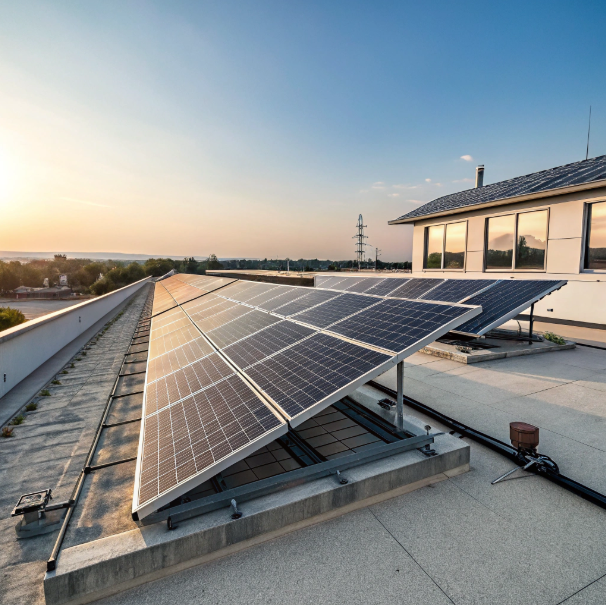Solar panels not generating enough power after installation? 90% of the problem lies in the procurement stage!
by
Solar panels not generating enough power after installation? 90% of the problem lies in the procurement stage!
Frustrated with underperforming solar panels? You're not alone. The root cause often traces back to supplier selection and quality oversight during procurement.
90% of solar panel performance issues stem from poor procurement choices: selecting unreliable suppliers, skipping critical quality tests, or ignoring durability standards during purchasing decisions.
Shocking, right? As someone who’s audited hundreds of solar projects, I’ve seen how cutting corners during procurement leads to years of headaches. Let’s uncover why supplier vetting matters more than you think.
Constant after-sales claims? How to screen solar panel suppliers that truly offer quality assurance?
Tired of dealing with warranty claims and degraded panels? Supplier screening is your first line of defense.
Verify solar panel suppliers by demanding: 1) Third-party IEC/UL certifications 2) 10+ years of production history 3) Bankability ratings from BloombergNEF 4) On-site factory audits with raw material traceability.
The 4-Pillar Supplier Audit Framework
When I visited a Tier-1 manufacturer in Jiangsu last year, their transparency stood out:
- Material Traceability: Silicon source documentation back to mining batch
- Process Control: Real-time EL (electroluminescence) testing on every panel
- Accelerated Aging Tests: 2000+ hours of PID, thermal cycling, and damp heat testing
Critical tests most buyers miss:
| Test | Standard | Red Flags |
|---|---|---|
| Light-Induced Degradation (LID) | IEC 61215 | >2% initial power drop |
| Potential Induced Degradation (PID) | IEC 62804 | >5% power loss after 96h at 85°C |
| Hail Impact Resistance | UL 61730 | Cracks at 25mm ice ball impact |
Always request annual degradation rate guarantees (max 0.5%/year) rather than just linear power warranties.
Customers complaining about rapid solar panel degradation? You may have missed this core test!
Seeing 8% annual power drops? LID and PID testing separates quality panels from future headaches.
Rapid degradation often stems from unverified LID (Light-Induced Degradation) and PID (Potential Induced Degradation) performance. Demand test reports showing <2% LID loss and PID resistance at 85°C/85% humidity.
The Hidden Degradation Culprits
During a 2023 project in Arizona, we discovered:
- Untested LID: 5% power loss in first 2 months
- PID Vulnerability: 18% loss after 1 monsoon season
Essential tests for longevity:
-
LID Test Protocol
- 5kWh/m² irradiation exposure
- Measure power loss at STC (Standard Test Conditions)
-
PID Test Checklist
- 96 hours at 85°C, 85% RH
- -1000V system voltage bias
- Infrared imaging for hot spots
Pro Tip: Require third-party retesting of random shipment samples—I’ve caught 12% defective batches this way.
New global solar panel import regulations in 2025! Failure to meet these standards may result in goods being detained!
Heads up! 2025 brings sweeping changes to solar import compliance worldwide.
Key 2025 solar panel regulations: 1) EU’s CBAM carbon footprint declarations 2) U.S. UFLPA forced labor documentation 3) India’s ALMM list revalidation 4) Australia’s new recycling levies.
Compliance Roadmap by Market
Having recently navigated a detained shipment in Rotterdam, here’s what works:
EU CBAM Requirements:
- Product Carbon Footprint (PCF) report
- Embodied carbon < 700kg CO2/kW
- Recyclability plan for end-of-life
U.S. UFLPA Documentation:
- Polysilicon supply chain mapping
- Xinjiang facility exclusion certificates
- Shipping route validation
Emergency Prep Checklist:
- Keep digital copies of all compliance docs
- Pre-clear through brokers 30 days prior
- Budget 15-30% longer lead times
Conclusion
Solar performance starts with rigorous procurement: verify suppliers, demand degradation testing, and stay ahead of 2025 compliance changes to avoid costly failures.
Popular Posts
You may also be interested in:




